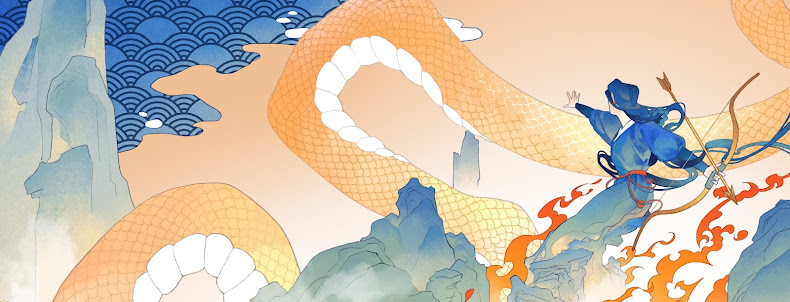I
had been wanting to read this allegorical novel for a long time but never got
round to it until a couple of days ago. Thanks to my Goodreads friends who gave
me a much-needed push, I have finally read it.
Orwell
wrote the manuscript between 1943 and 1944, subsequent to his involvement in
the Spanish Civil War, which he described in Homage to Catalonia (1938).
His own personal experience with the Communist purges in Spain taught him how easily
totalitarian propaganda can control the opinion of even enlightened people, and
this was what inspired him to write Animal
Farm.
The
book was meant to expose and condemn the Stalinist corruption of the original
socialist ideals. But it probably didn’t occur to Orwell at the time that the
book’s revelation would also apply so aptly to other parallel or subsequent
authoritarian regimes.
In
the book we see how an ambitious demagogue’s (Napoleon’s) unchecked power turns
him into a cruel and self-serving despot, preying on an unwary group of
ordinary folks for his own personal benefit and the benefit of his cronies. The
controlling tactics he employs are incitement of fear and insecurity in those
under his rule and terrorizing them, changing the laws at will to suit his
whims, entitling himself and his cronies to exclusive privileges (so as to
establish an authoritative status), using trolls to disrupt any rational
discourse, spreading malicious rumors about his opponents, telling blatant lies
to confound the masses, convincing them that hardship is good for them and
imposing a cult of personal worship.
In
the Animal Farm, what Napoleon preaches can be easily summed up in this maxim: “ALL
ANIMALS ARE EQUAL, BUT SOME ANIMALS ARE MORE EQUAL THAN OTHERS.”
If
you substitute the word “Animals” with the word “Men”…..
I
personally find the allegory adds a certain charm and endearing quality to this
sobering novel.
P.S. Without genuine democracy, Hong Kong will be like Animal Farm, oppressed by Napoleon and his cronies, who will say to Hong Kongers that "the truest happiness lay in working hard and living frugally" (so that they can stuff themselves to the gills)!!
P.S. Without genuine democracy, Hong Kong will be like Animal Farm, oppressed by Napoleon and his cronies, who will say to Hong Kongers that "the truest happiness lay in working hard and living frugally" (so that they can stuff themselves to the gills)!!
